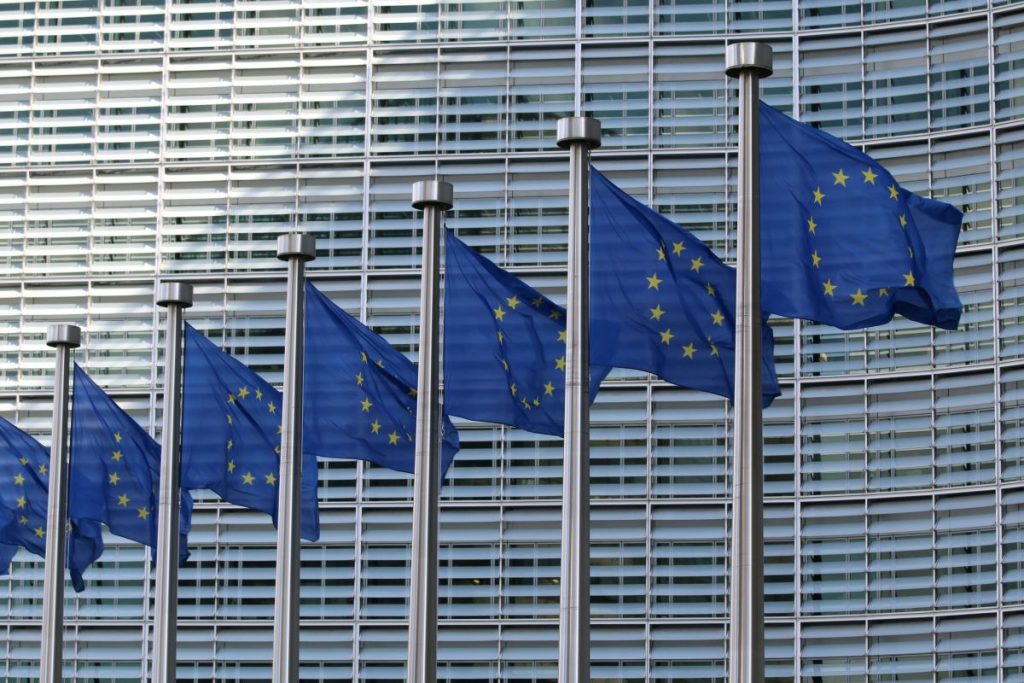New EU regulations will reshape supply chain due diligence, bringing stricter compliance and liability measures.
The European Union’s Corporate Sustainability Due Diligence Directive (CS3D) is set to reshape supply chain governance, requiring businesses to enhance oversight of human rights and environmental impacts across their operations. Published on July 5, 2024, CS3D aims to curb issues such as child labor, forced labor, and environmental damage by establishing a unified legal framework across EU member states.
Companies operating in the EU must comply with the directive by July 2026, with Germany expected to integrate it into national law through amendments to its existing Supply Chain Act (LkSG). As regulatory changes take shape in 2025, businesses must prepare for new compliance demands that could significantly impact supply chain operations.
Key Compliance Obligations Under CS3D
CS3D mandates companies to establish sustainability strategies aligned with the Paris Agreement, actively prevent human rights and environmental violations, and integrate due diligence into their policies. Companies must identify and mitigate risks within their own operations and those of subsidiaries and suppliers. They are also required to establish transparent due diligence policies and management systems, implement monitoring mechanisms to assess compliance effectiveness, communicate due diligence actions, and provide remediation when breaches occur.
The directive applies to EU companies with over 1,000 employees and annual global revenue exceeding €450 million. Non-EU companies meeting revenue thresholds within the EU are also covered. The compliance timeline varies by company size, with the largest firms (5,000+ employees, €1.5 billion+ revenue) required to comply by early 2027, medium-sized firms by 2028, and smaller firms by 2029.
Comparison With Germany’s Supply Chain Act
Germany’s existing Supply Chain Act (LkSG) already imposes human rights and environmental due diligence obligations, but CS3D introduces stricter requirements, broadening the scope of compliance beyond traditional supply chains to a company’s entire business activity chain.
While LkSG focuses on supply chains, CS3D covers all business activities, making compliance more complex. CS3D places a stronger emphasis on climate protection and sustainability compared to LkSG. Unlike LkSG, which excludes civil liability, CS3D allows for legal claims against companies for violations, with NGOs and trade unions able to bring lawsuits without standing. Large companies (€400M+ revenue) face fines of up to 5% of annual turnover, compared to LkSG’s maximum of 2%.
With Germany set to adjust its laws to align with CS3D, more businesses will likely fall under the directive’s expanded regulatory net.
What This Means for Supply Chain Leaders
Companies must act now to assess supply chain risks, implement robust compliance frameworks, and ensure transparency with business partners. The transition to CS3D will bring challenges, including increased administrative costs, cultural and language barriers in supplier engagement, and the need for enhanced IT systems for due diligence tracking.
To mitigate risks, businesses should evaluate existing supplier contracts and due diligence measures, train procurement teams on compliance requirements, and monitor regulatory developments while seeking legal guidance on implementation.
With penalties for non-compliance set to rise, proactive adaptation will be critical. While CS3D aims to drive sustainable and ethical supply chains, its impact on global trade remains to be seen.







